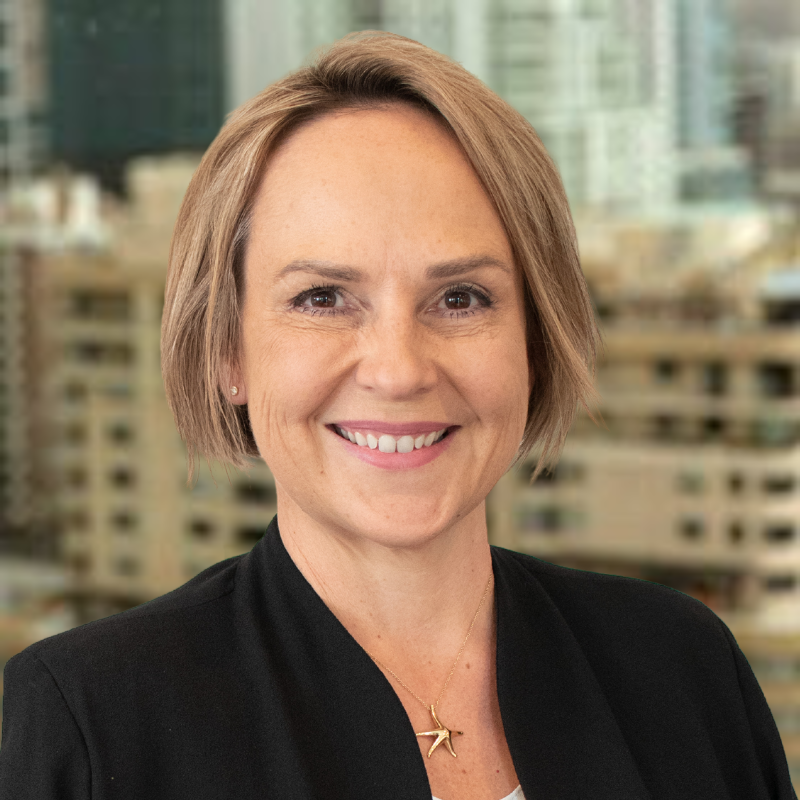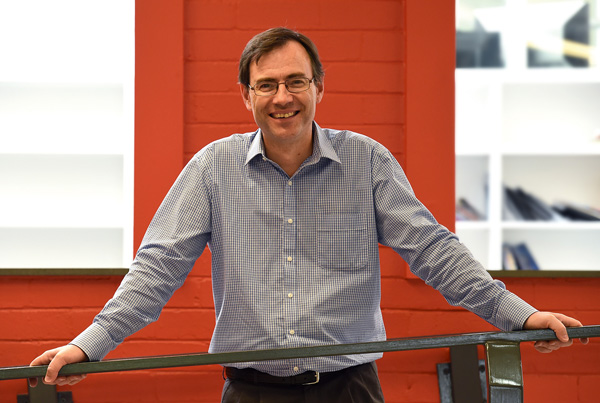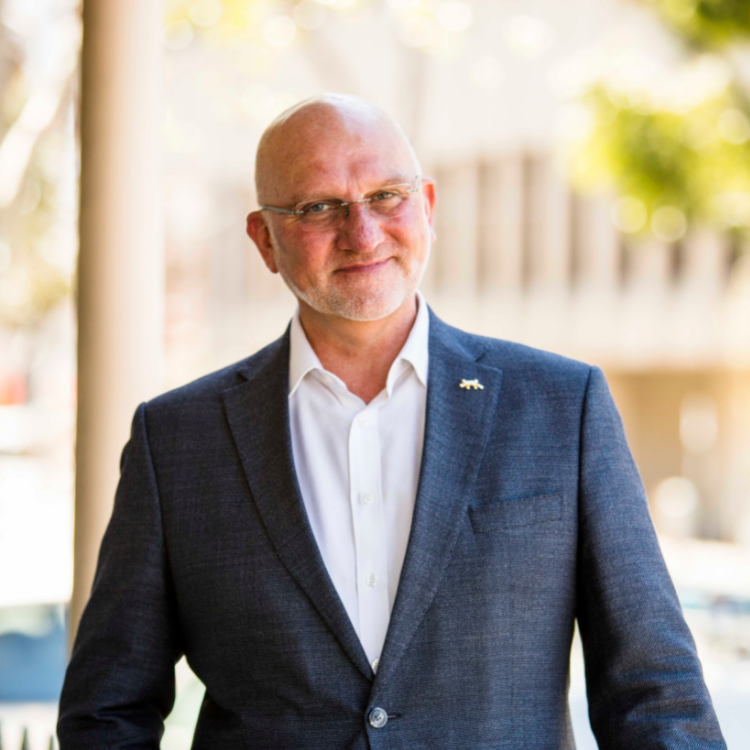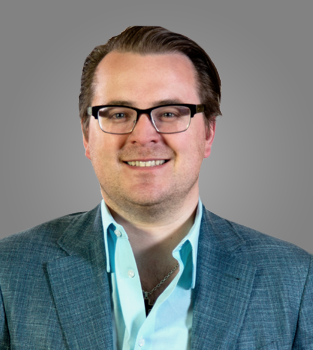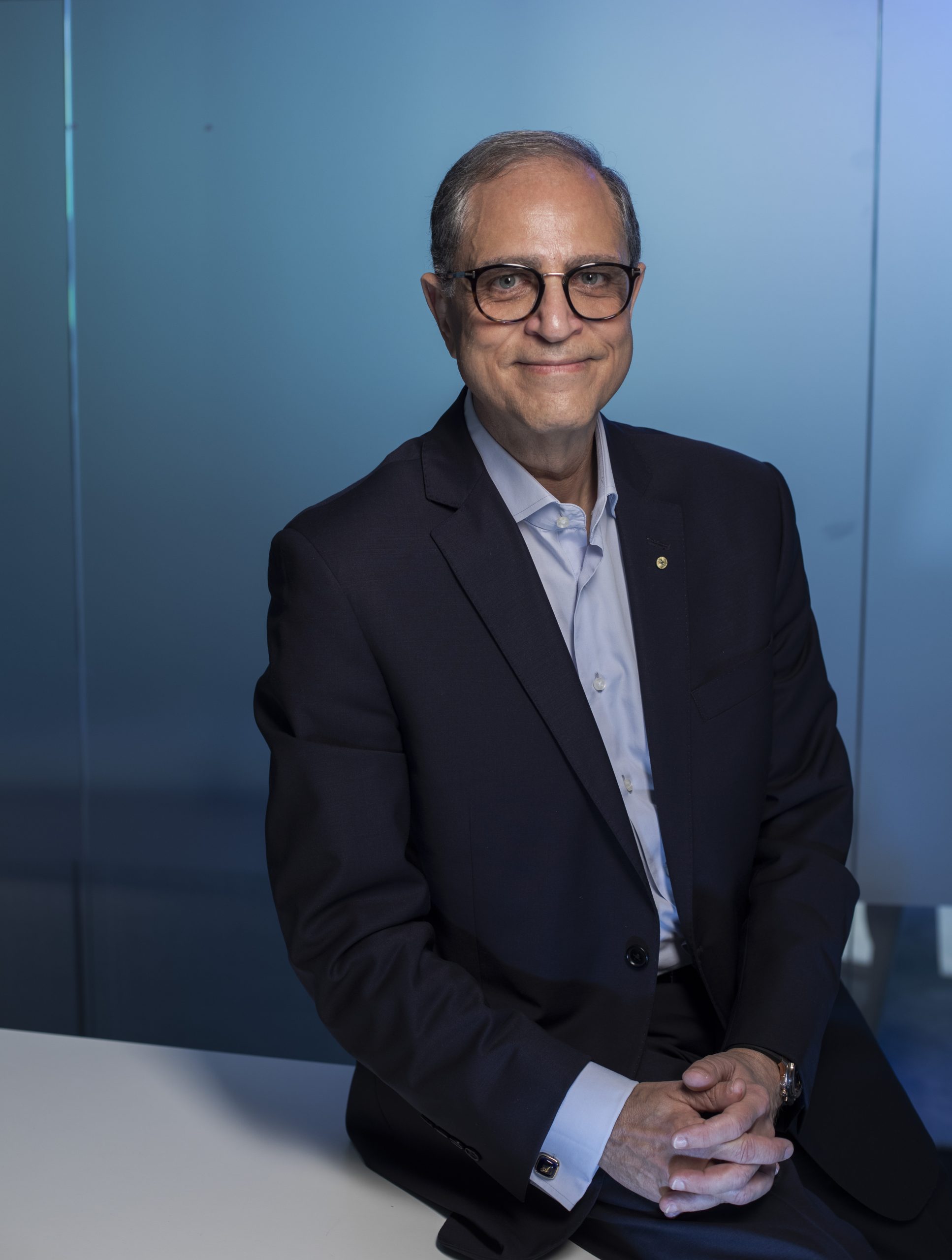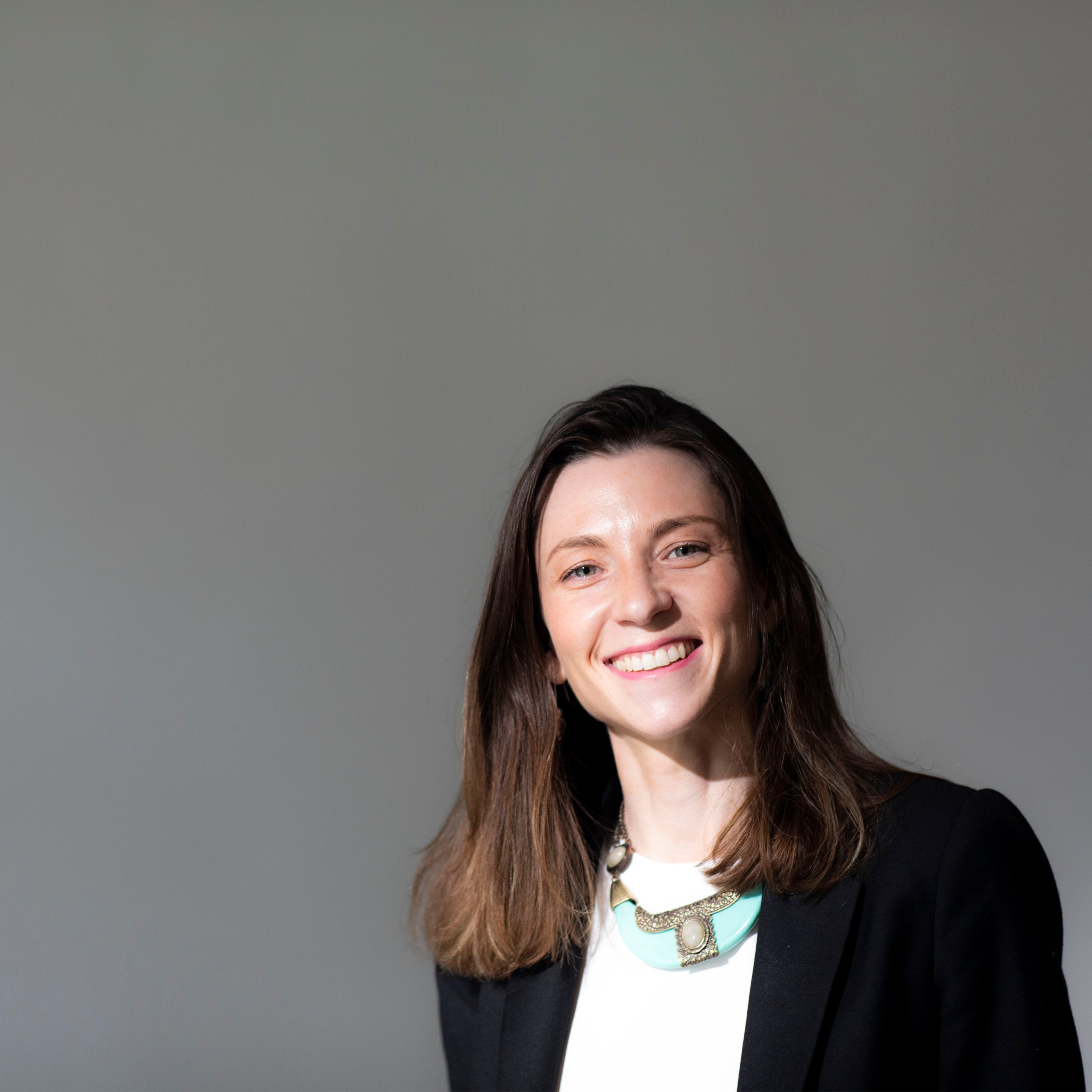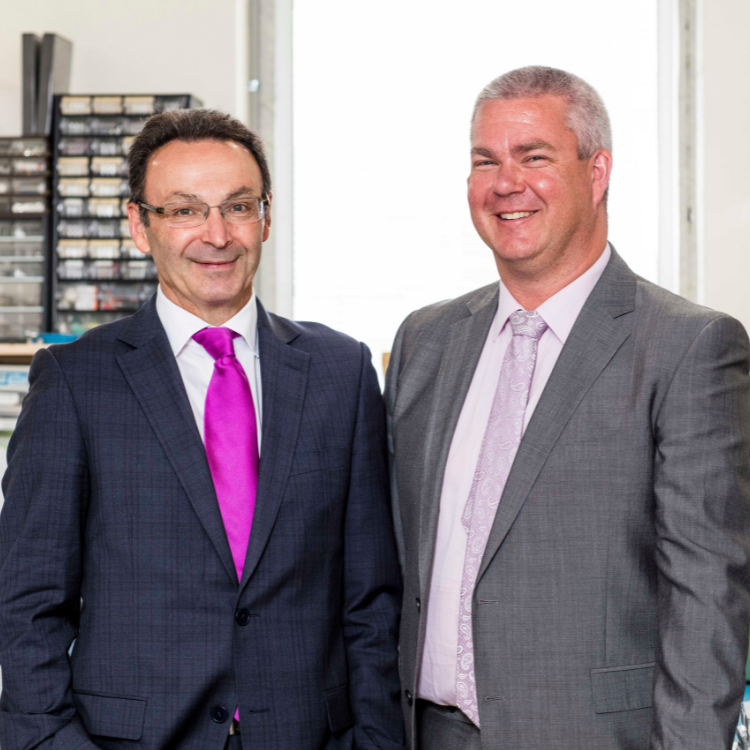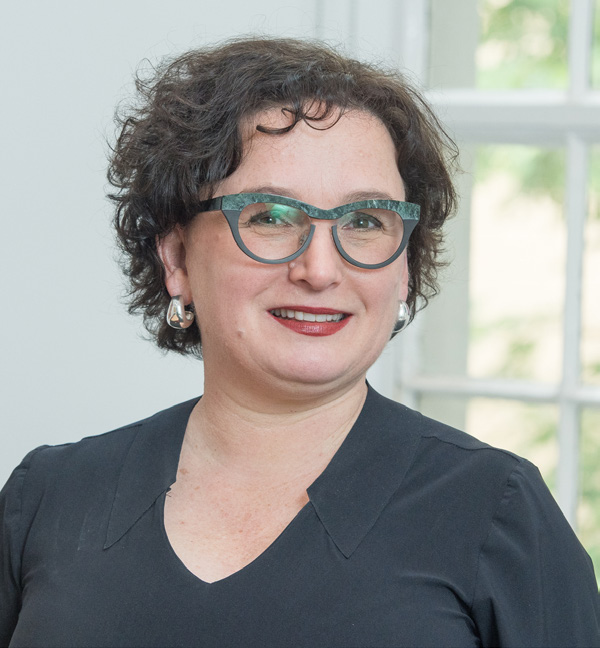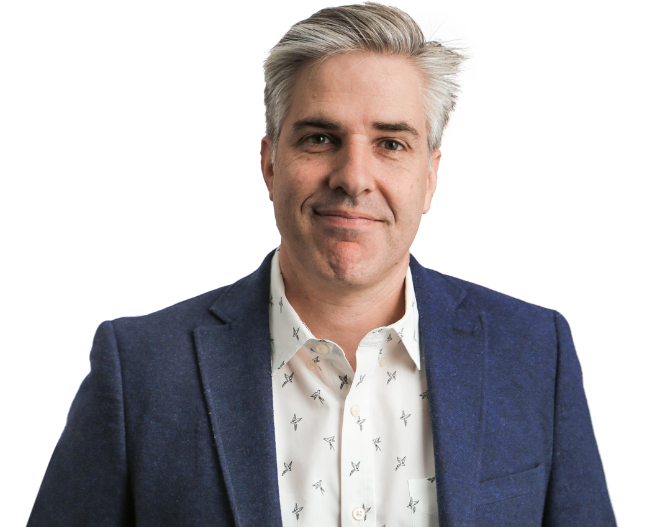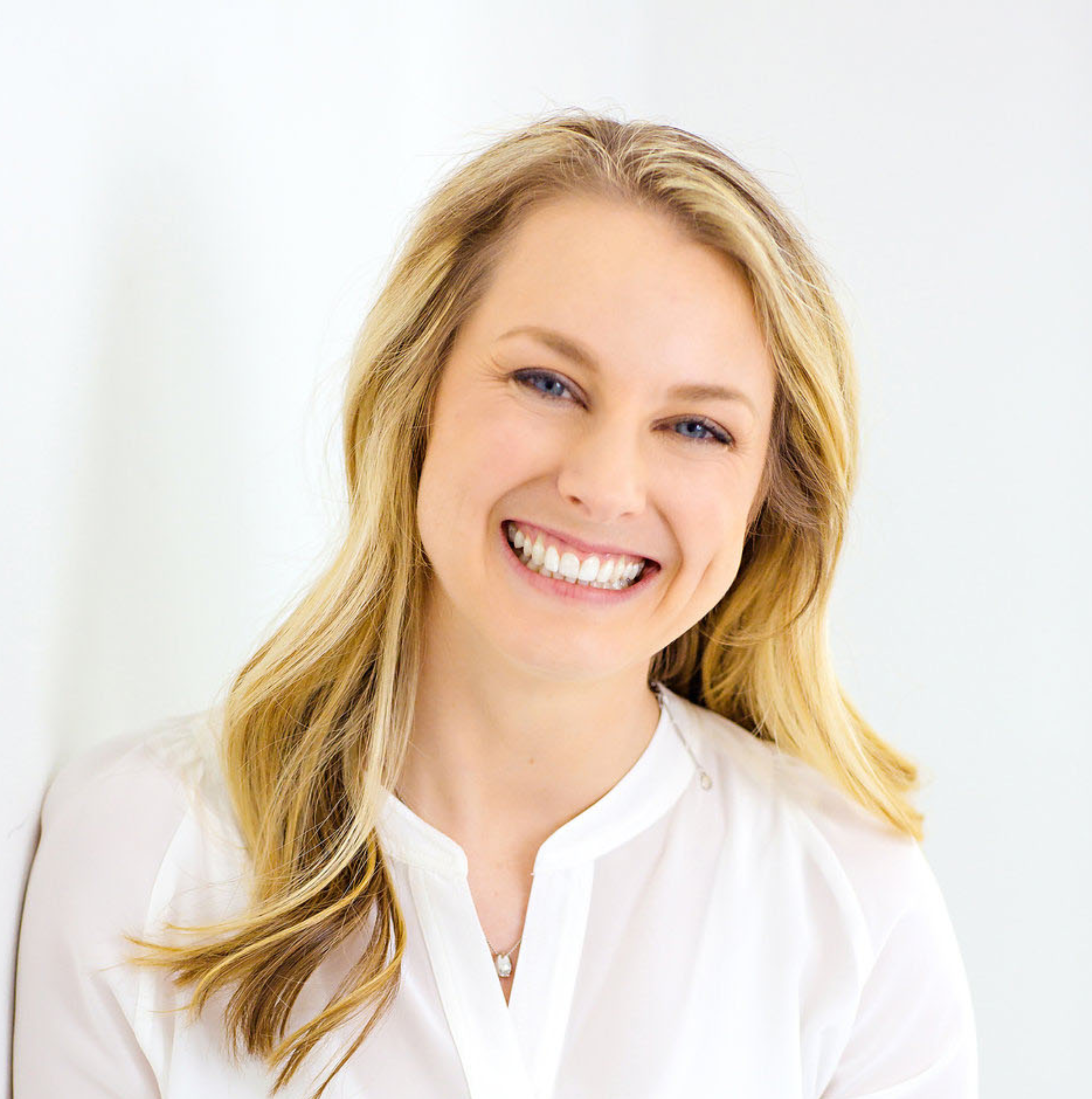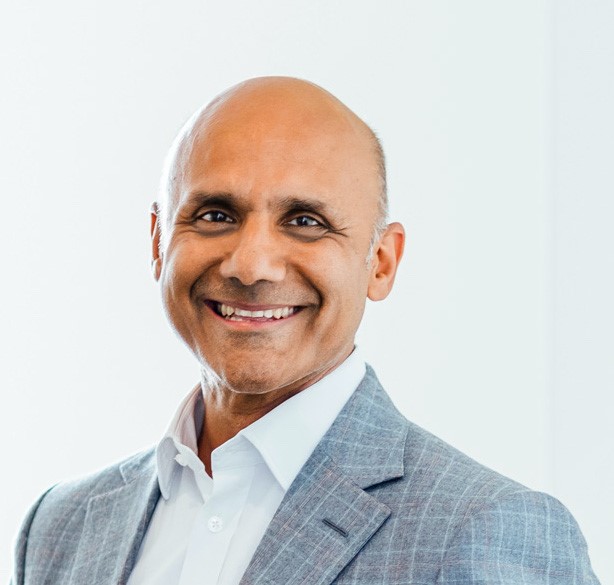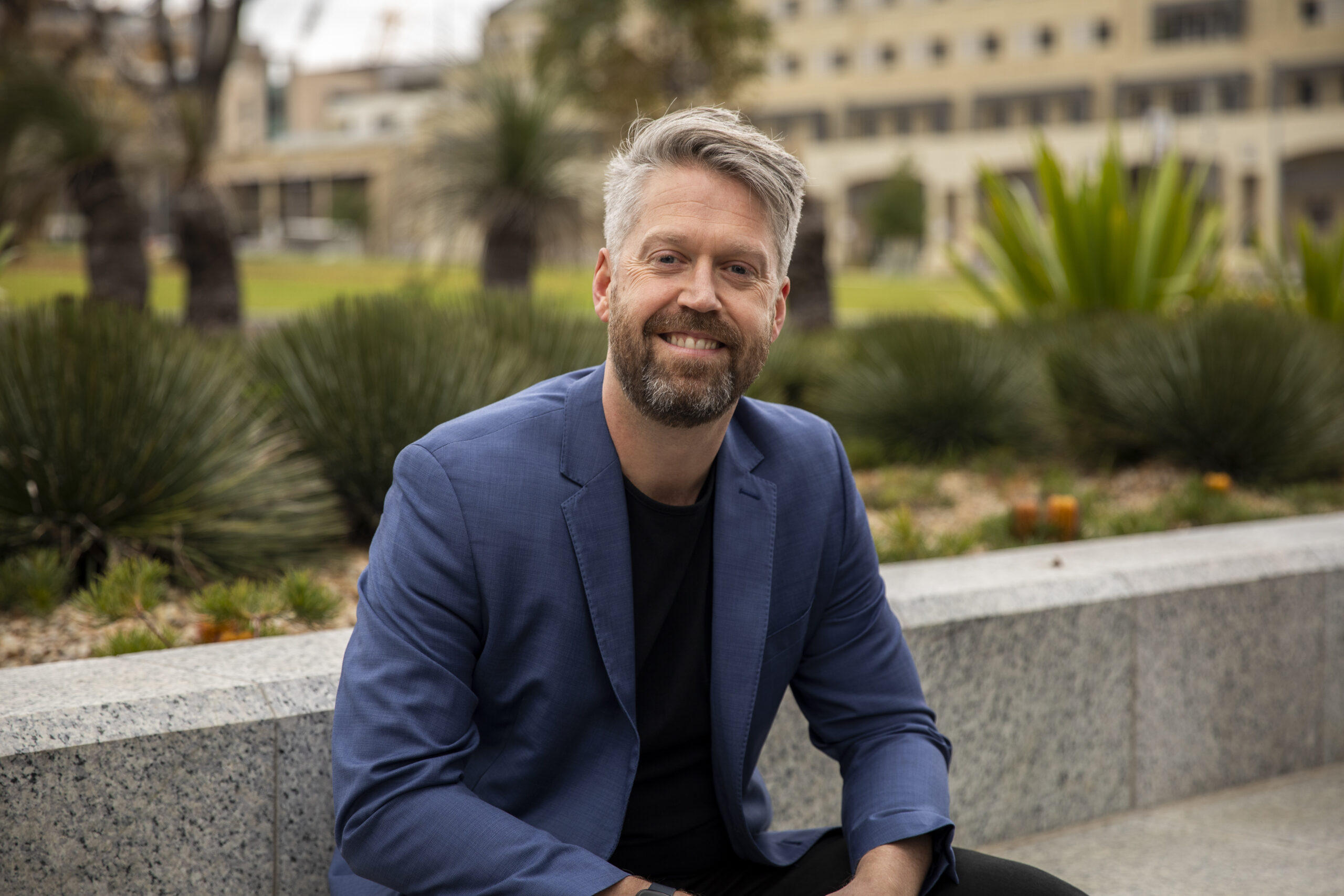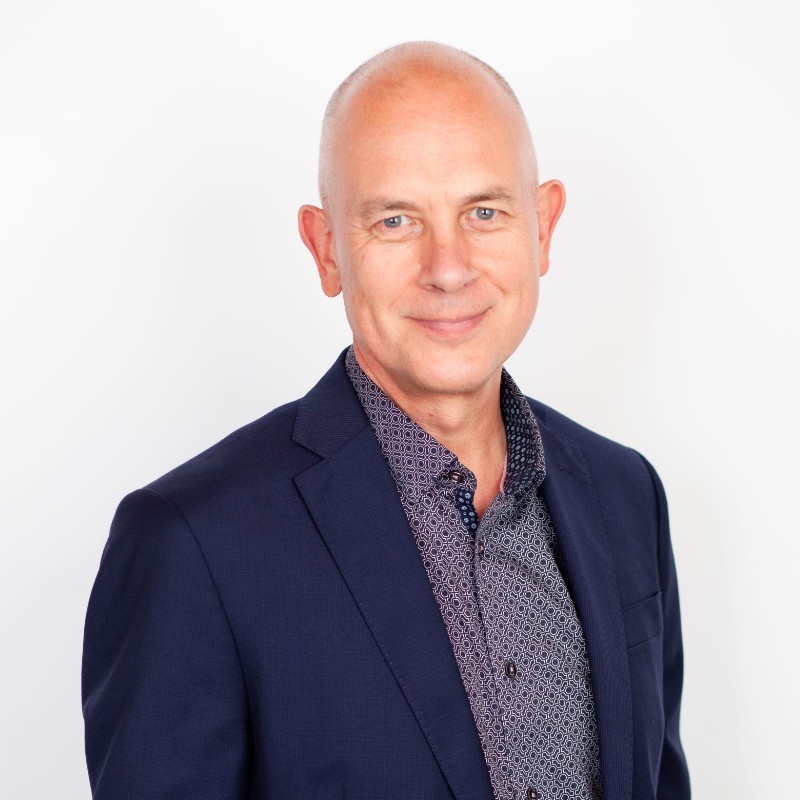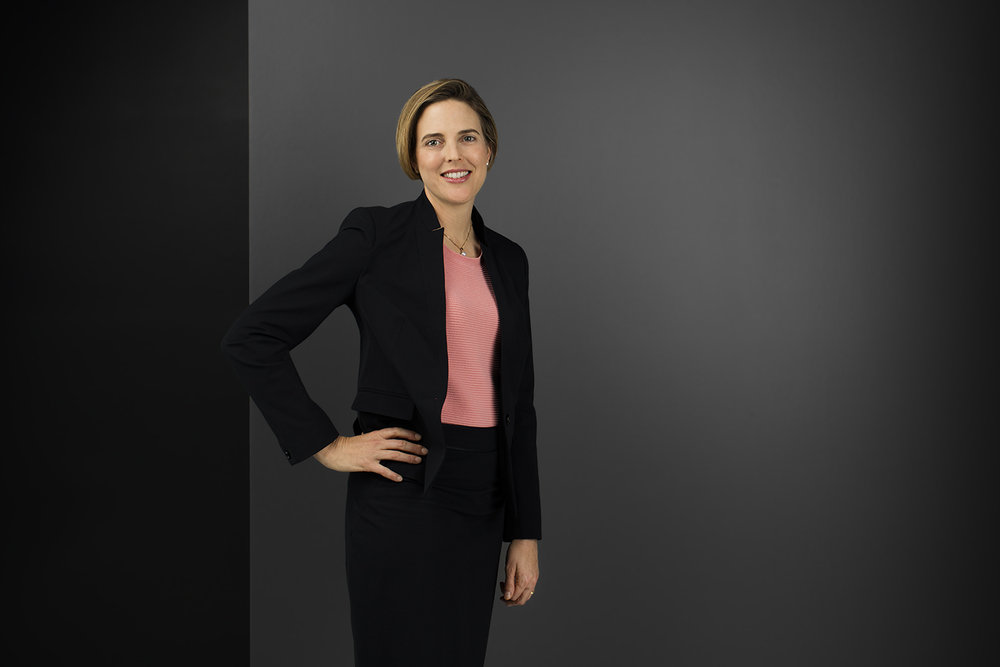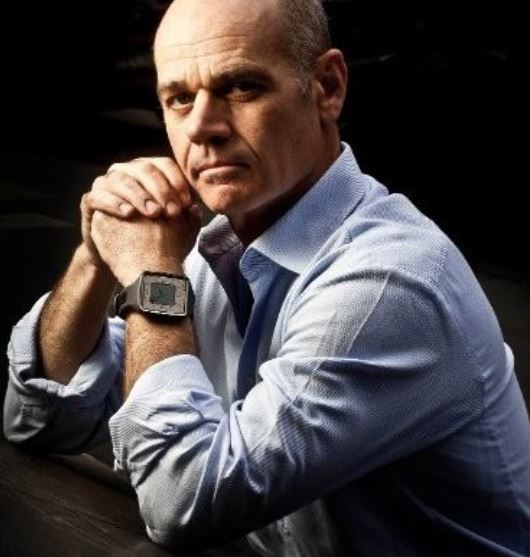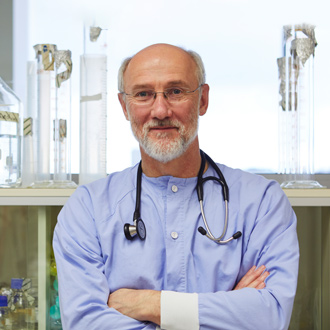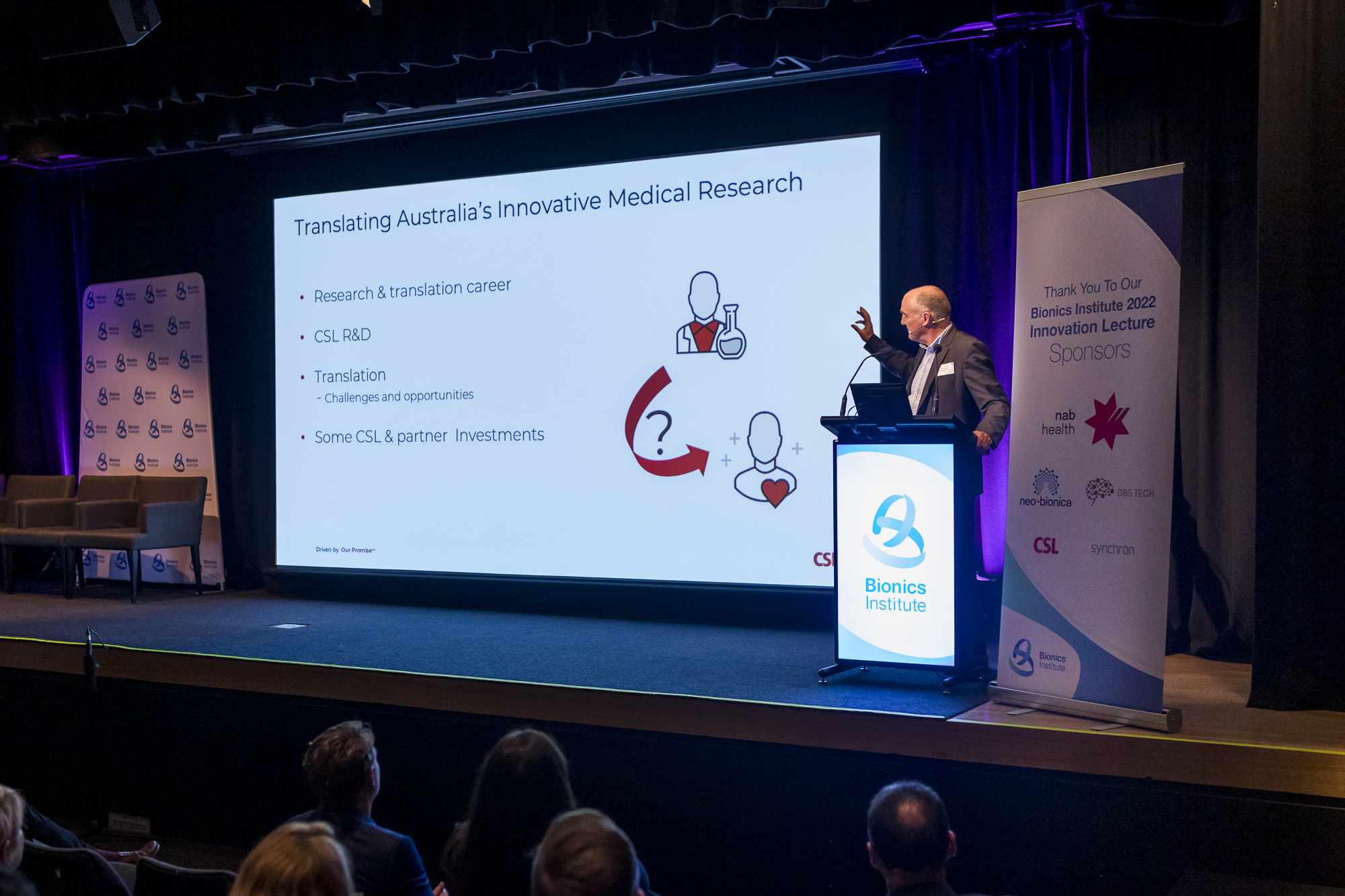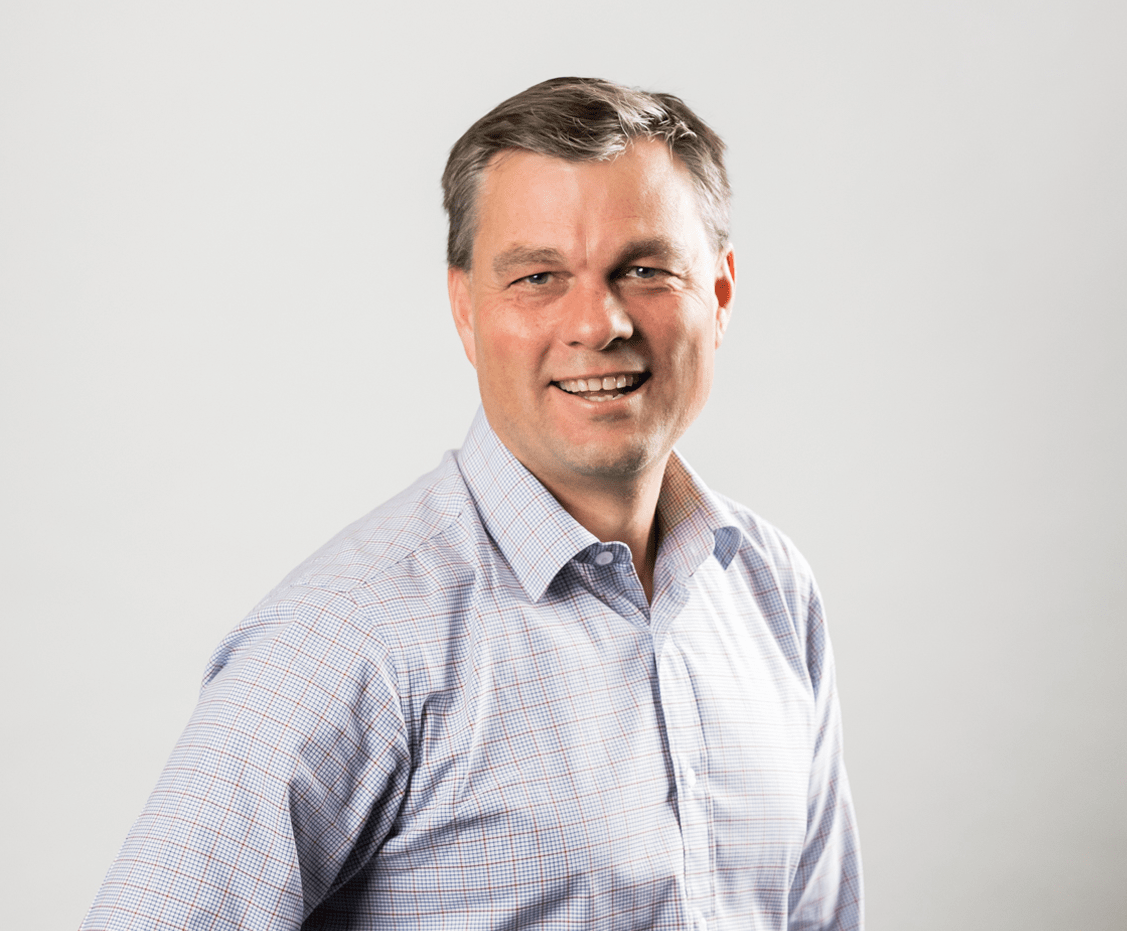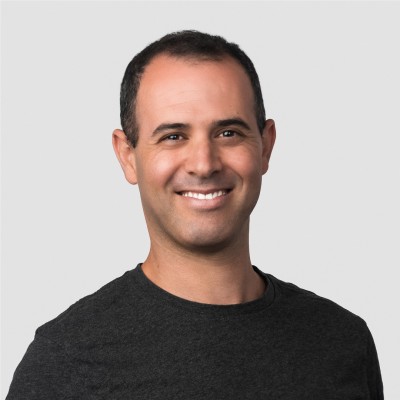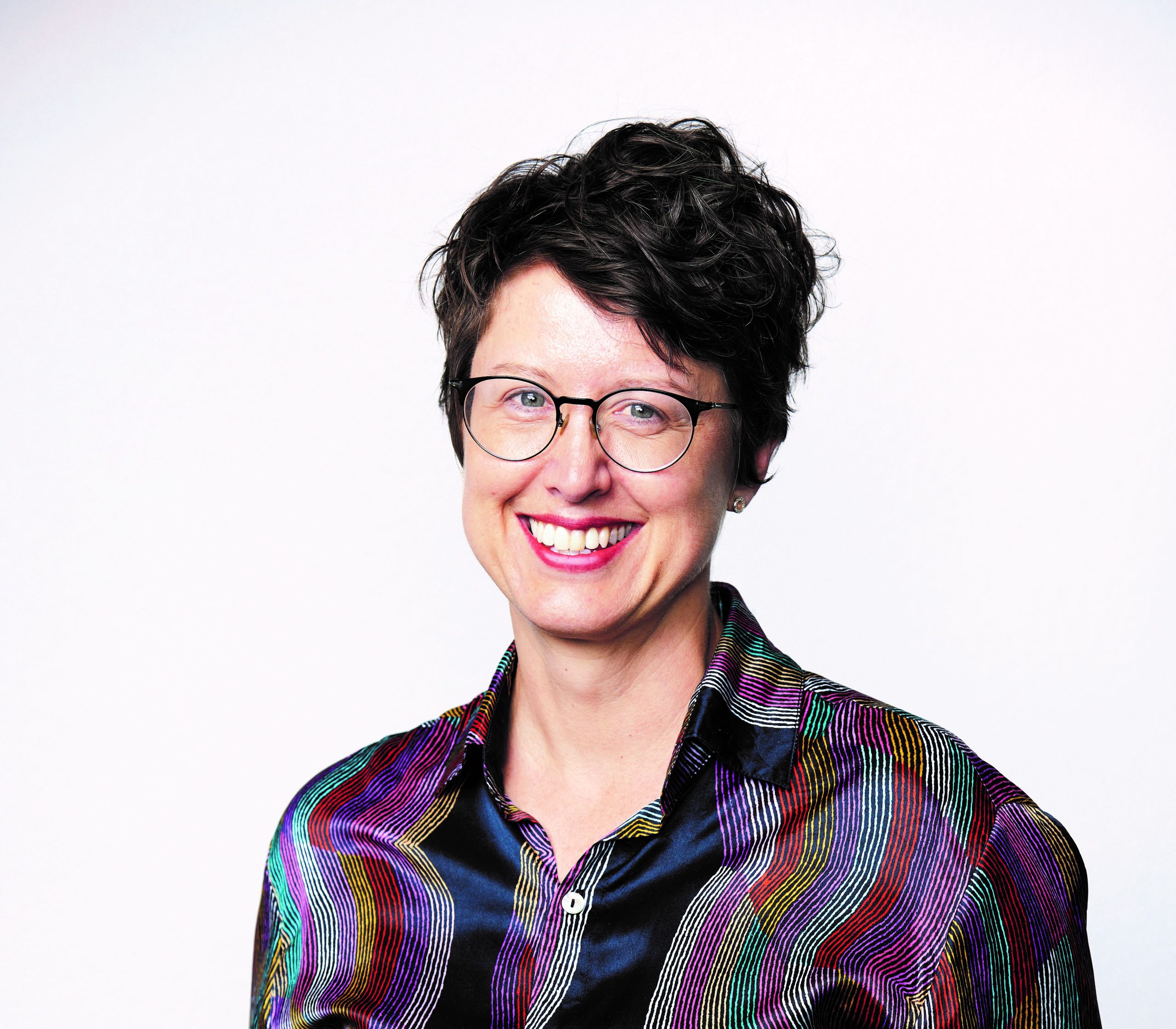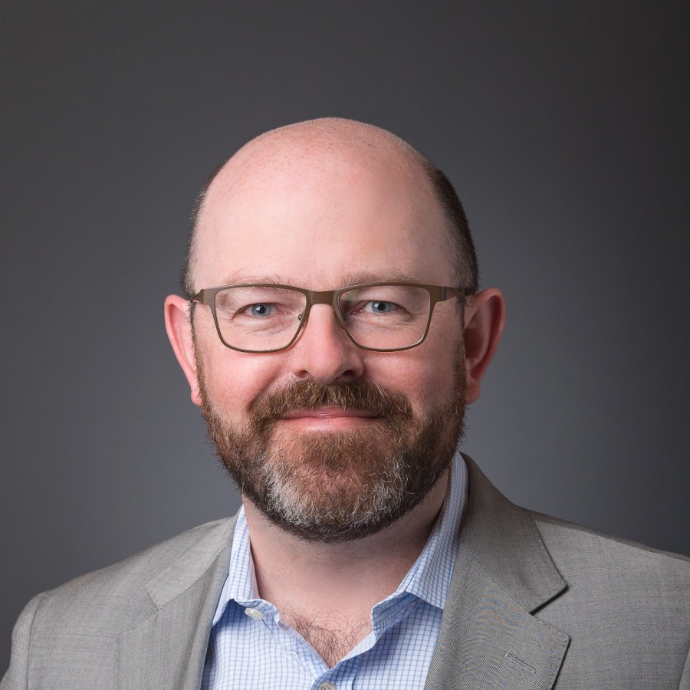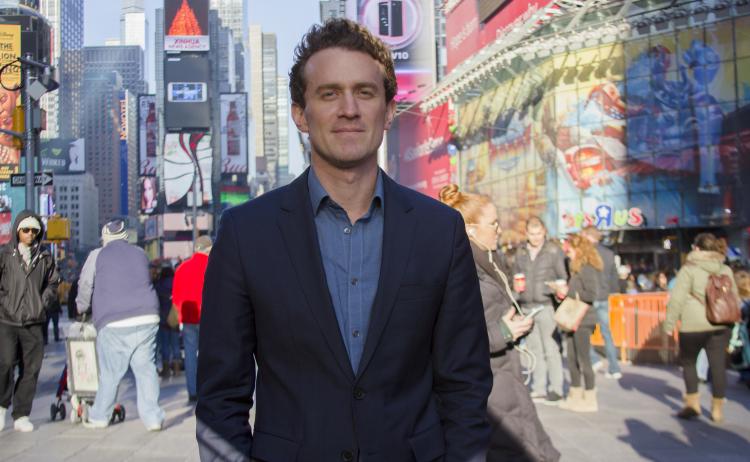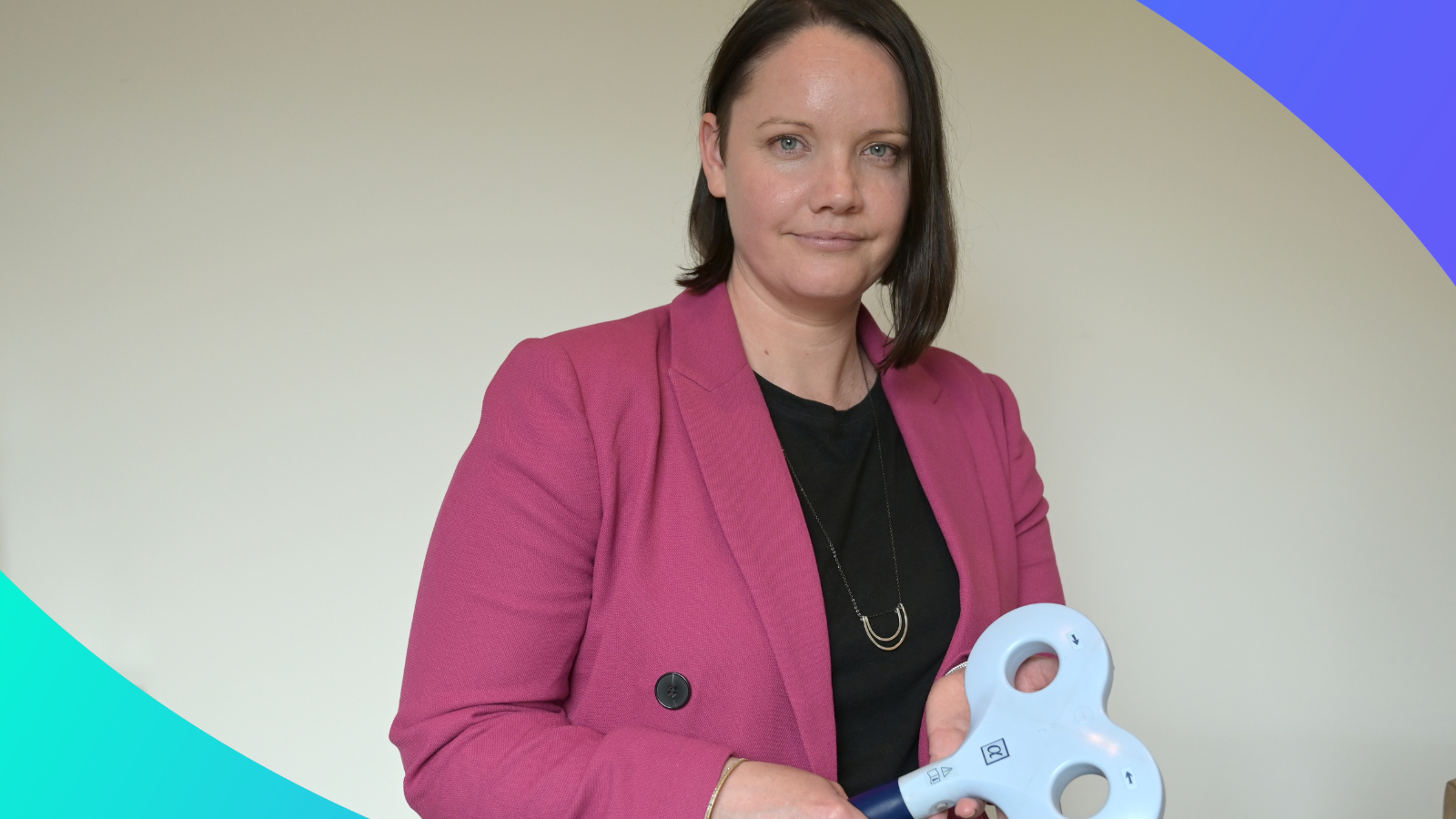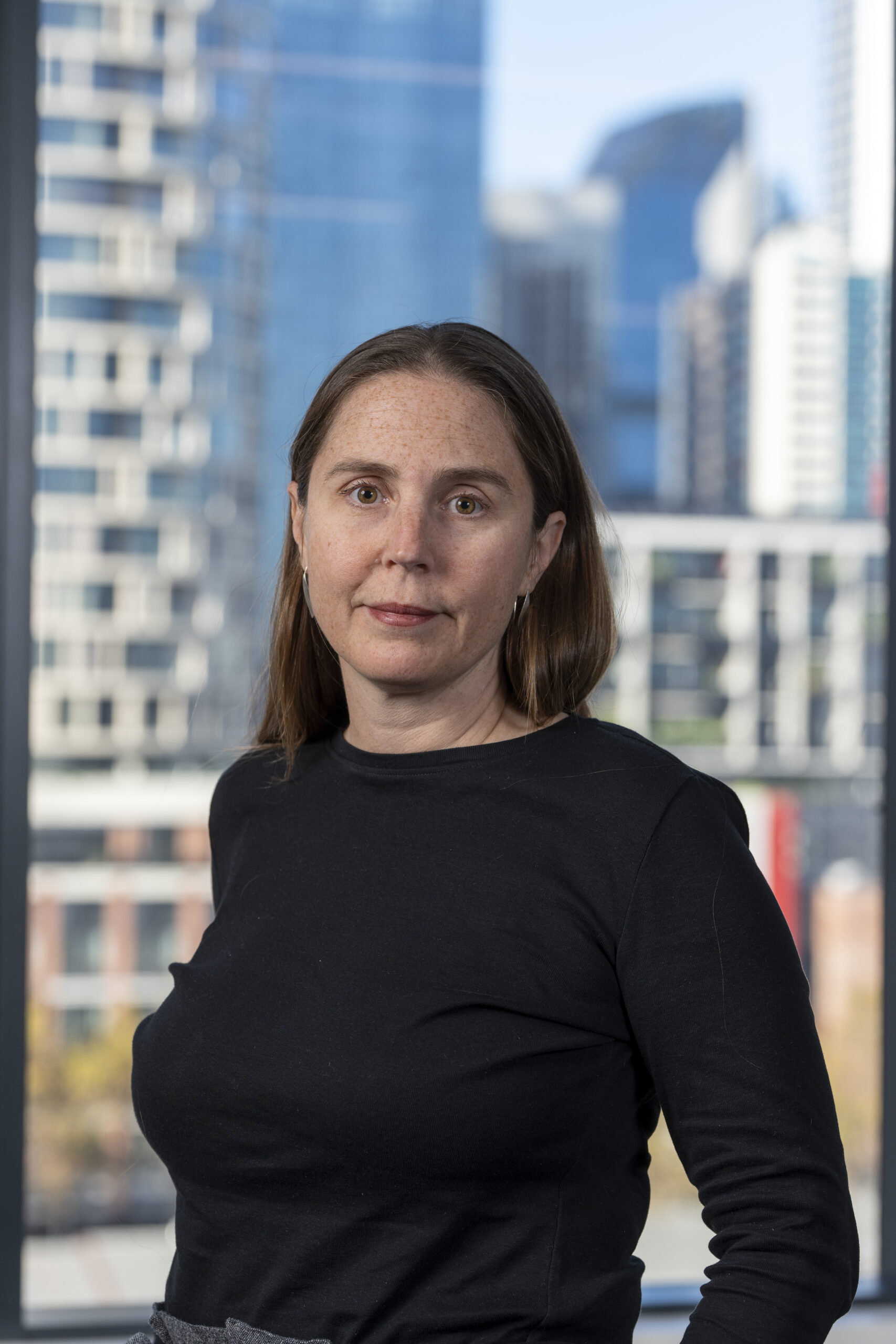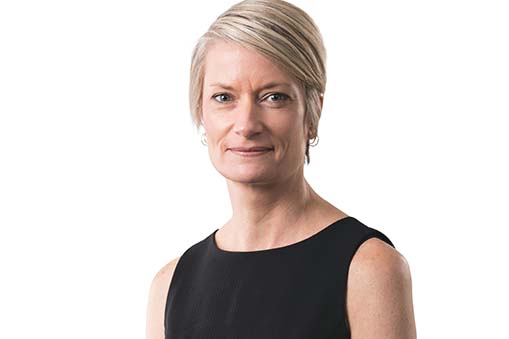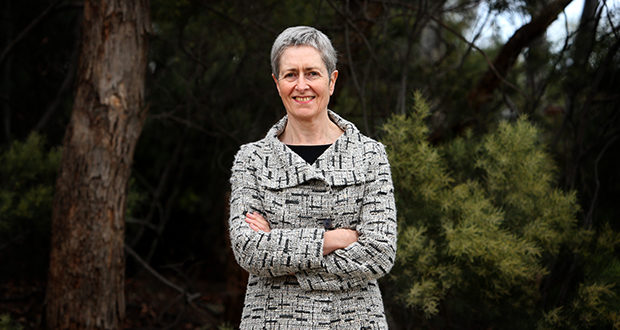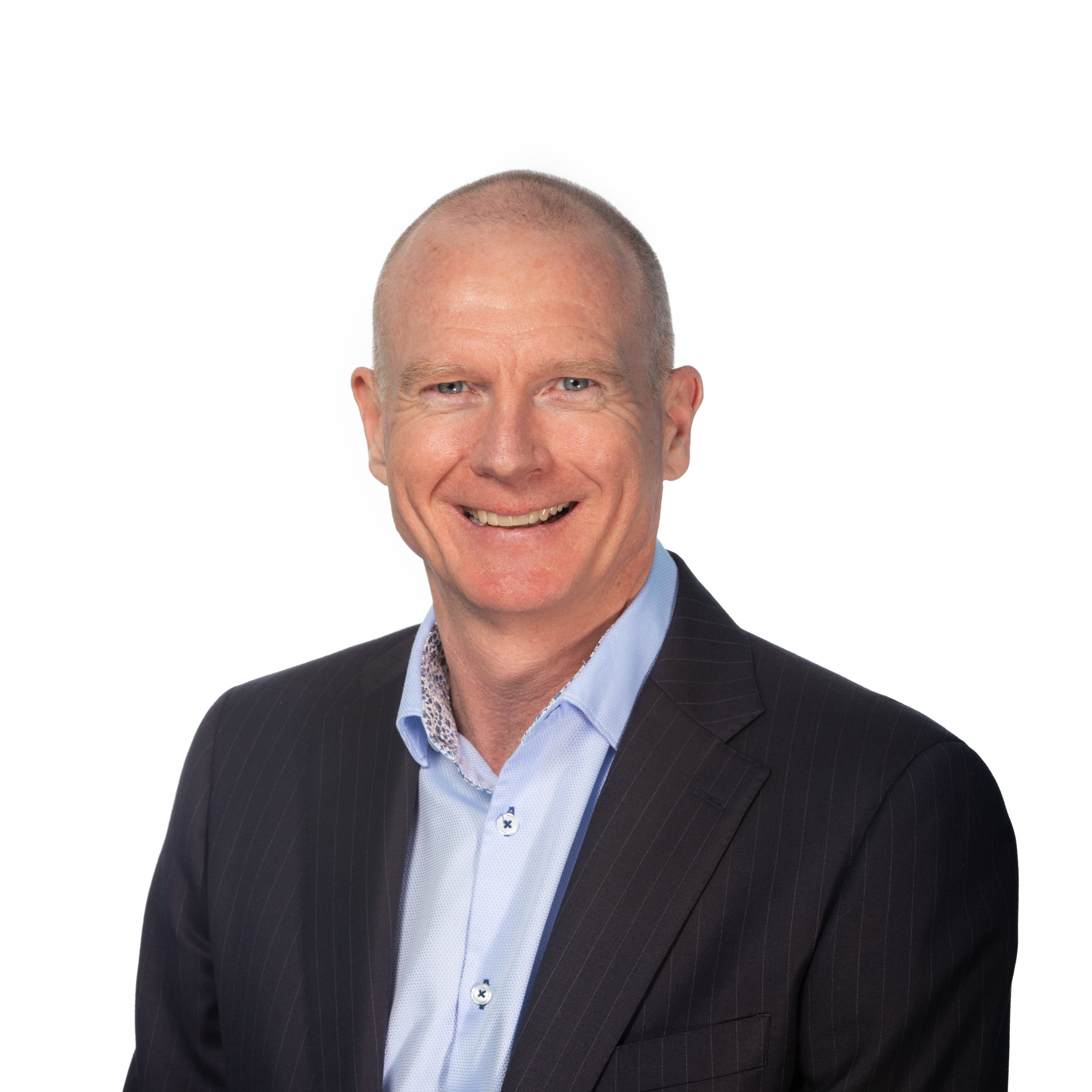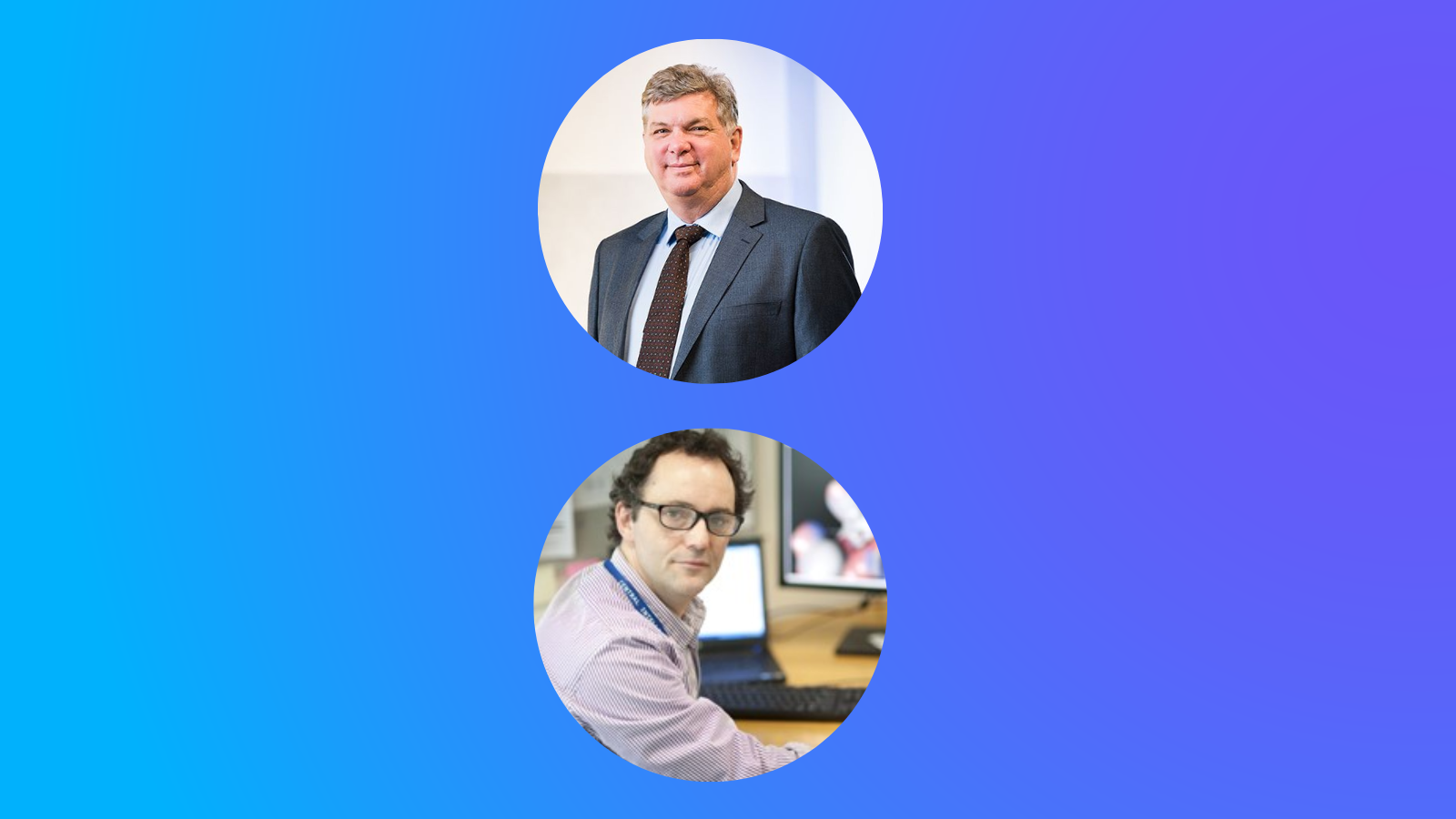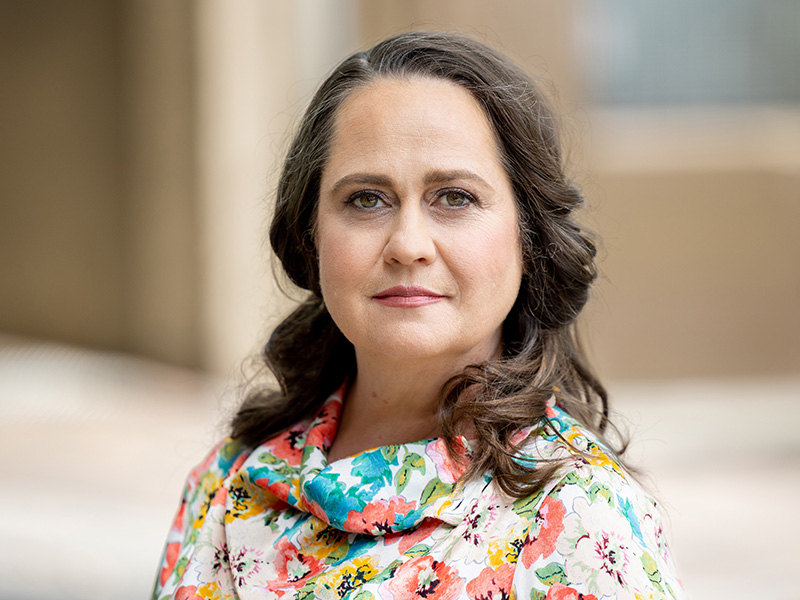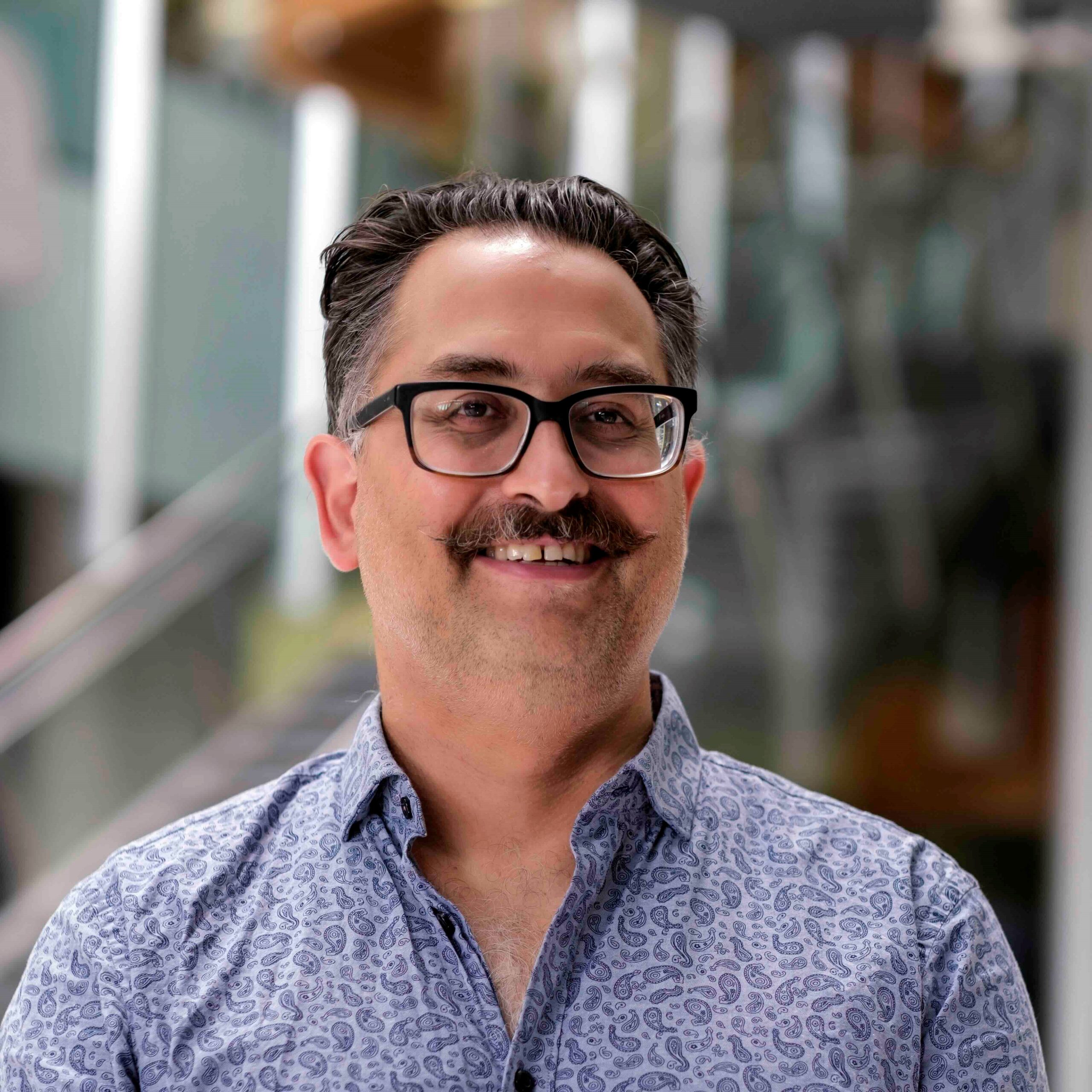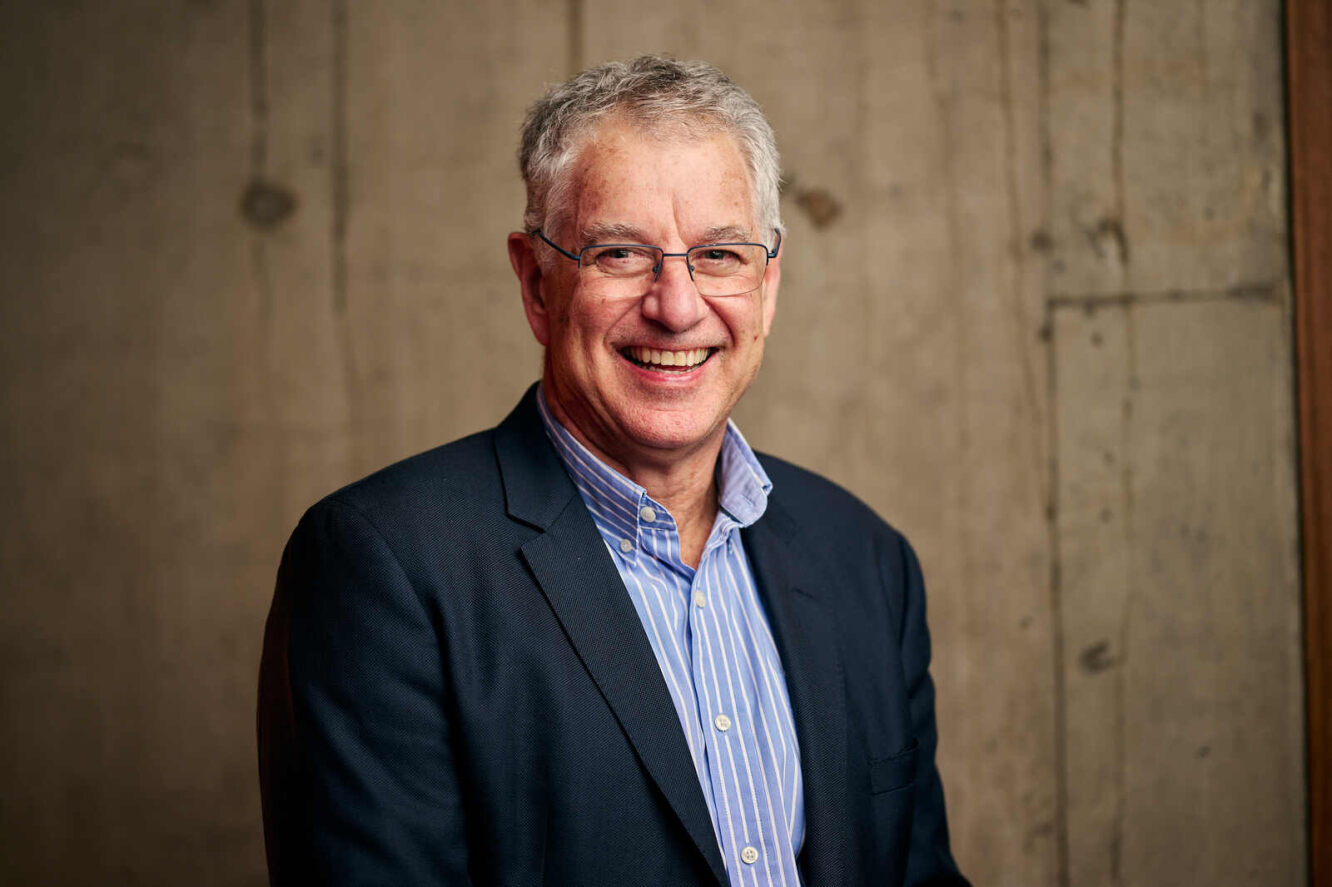Med Tech Talks
Understanding global med tech markets with Neo-Bionica CEO Dr Ludovic Labat
Dr Ludovic Labat is the inaugural CEO of Neo-Bionica, an initiative of the Bionics Institute and the University of Melbourne.
Neo-Bionica is the first company of its kind in Australia, with the bioengineering expertise, specialised fabrication skills and regulatory experience required to create first-in-human prototypes for clinical trials.
Specialising in neuromonitoring and neuromodulation technologies, Neo-Bionica aims to position Australia as leaders in medical device prototype and manufacturing.
In this episode you will hear about:
More information:
Learn more about Neo-Bionica: Neo-Bionica
Find out more about Dr Ludovic Labat and his team at Neo-Bionica
Dr Ludovic Labat [00:01:35] Thank you, Robert.
Robert Klupacs [00:01:37] So let’s just jump in Ludovic, So I’ve known you a little while and not as long as I’ve thought. So I’ve got some questions here that I’m going to learn more about you as well as our listeners. Let’s start at the beginning of your journey. You did material science at Le Havre University in France where you spent time in the aerospace industry. Can you tell our listeners where your interest in material sciences came from and what you learned in the aerospace industry?
Dr Ludovic Labat [00:02:03] Sure. Well, I fell into material science a bit by accident through some incredible people that I met at the time. I was involved in a research lab during my bachelor’s degree and my master degree. And the research that I was specialising in was fluid dynamics and [in the] same region Normandy, a company named Snecma, was manufacturing airplane engines for five members, and they were seeking research collaboration in that lab to study resin transfer molding. Resin transfer molding is a is a process used to manufacture composite materials through injection. And so they came and they established some initial project there, I met these guys and I was pretty impressed with what they were trying to do. And one day they came in, they feel there is a possible fellowship, which I jumped on, obviously, and that’s how I fell into material science.
Robert Klupacs [00:03:04] Wow. But after all that, you know, in Med Tech. So what was the leap and why the leap?
Dr Ludovic Labat [00:03:11] Well, I think aerospace has influenced my time for a long time, you know, starting on very big projects. And at that time I think I was involved in the design of the engines for the A380 Airbus and being at that time, in that place [in the aerospace industry], you can imagine, it’s a massive opportunity and but also, safety and quality are essential to that industry. And I think it’s really influenced me and I, I somewhat decided at that time that I would only work in a highly innovative but also highly regulated field. I moved from the aerospace to the automotive industry where I spent many years, and then I entered med tech. When I joined Invetech, I initially worked on individual diagnostics instruments and what attracted me to that and med tech industry is the incredible sense of responsibility and purpose that you have when you design these products, which are going to influence the life of patients. And that sense of purpose is a massive motivation for me every day. You know what I do since since I joined that that industry.
Robert Klupacs [00:04:34] Probably should let our listeners know that we didn’t recruit you into Australia. There was a reason you came to Australia and like all great Australian attractions, your wife I think was originally coming to Australia [for a career opportunity]. Can you tell us a bit about that?
Dr Ludovic Labat [00:04:49] Yeah, and I actually am very, very proud of the fact that both of us have impact in some ways in the med tech and she is a researcher at the Walter and Eliza Hall Institute and , she was offered a postdoc job here back in, 2004. And, and we jumped in. We said, well, let’s, let’s give it a try and spend 18 months in Australia. And, you know, we’re, we are still here.
Robert Klupacs [00:05:15] Fantastic. And we’re very lucky to have you. So today you have an enormous amount of industry experience obtained in all corners of the globe across a number of industries. And I know and I’ve seen it actually your passport has a huge number of stamps. You also have extensive experience working in the Asian Pacific region where you were VP of Sales for Invetech. Where does Australia, in your opinion, where does Australia sit on a worldwide basis for industry and innovation in your eyes? And on that, what opportunities for growth or partnerships do you see here across Asia and across the world?
Dr Ludovic Labat [00:05:53] Well, I actually have two passports, so that helps on the number of stamps that I can again carry. And. I think that the first thing is that I think we should be very proud of where we are today. You know, for a country of our size and, you know, in terms of innovation and in terms of research. We are doing very well. And if there’s something that I really appreciated while I was in in Europe, you know, through my education and through working, there is the quality of the collaboration between the and the various countries in in Europe. And, you know, on a philosophical level, I have been very amazed by what the founders of the modern Europe created and on the back of the Second World War on deciding to use collaboration and the acceptance of the differences between these countries to build progress and to build peace. You know that’s what they did. And some at some time we give, you know, bad press to the European Union we hear twin in no small countries existing. But generally speaking, it’s really helped the Europe to be the modern place it is today. And from a technology and innovation point of view, it created massive value for the big companies but also for the startups and the research world them and. I really enjoy that. And someone benefited from it. And I think Australia has the opportunity to do something very similar here in the region. My last role at Fortive was taking care of the integration of a business in Asia Pacific, had to to work in 14 different countries. And I was very amazed by the level of respect that I heard in every of these countries for Australia. We are respected for our universities, we are respected for education and for innovation, but also for, you know, political stability and economic stability. And I think it’s a fantastic foundation for collaboration and for partnership in the region to have such respect from our neighbors. And I would hope that our leaders and, you know, both have the political in that industry level will walk the path that the European leaders walked in the last 30 or 40 years.
Robert Klupacs [00:08:32] Fantastic. Do you see innovation and med tech being on a world scale comparable? Are we behind? Do you think we’ve got an opportunity?
Dr Ludovic Labat [00:08:42] I think Med Tech is in the making here in Australia compared to two other industries. But I don’t think. It’s you know, the reality is that med tech being such an place of innovation, it has to be. Approach at a global level. And I think Australia is learning to be open to the world and to look at markets from a global point of view. And there are some industries where you can just focus on serving one customer. And if that customer is growing, you are doing well. But in very highly innovative markets and that’s not sufficient. You need big investment, but for that big risk, your investors are going to expect you to have a global view on the global market. And I think Australia is learning that and is growing to one that when I compare to many other countries of the same size, you know, it’s about twice the size of Belgium, for example. I think I think we are doing very well and we should be happy with the GDP.
Robert Klupacs [00:09:49] So this sort of Segways a little bit into your new life. The last 18 months you’ve been the CEO of Neo-Bionica. You should be very proud of what you’ve been able to do and being a part of that. For our listeners who may not know very much about Neo Bionica, can you give us your insights into what Neo Bionica does, its mission, what you’re doing and what excites you about it?
Dr Ludovic Labat [00:10:14] Sure. You know.
Robert Klupacs [00:10:16] And we’ve only got really about 20 minutes.
Dr Ludovic Labat [00:10:19] We are very proud of Neo Bionica, when I can tell you that at we are very proud of the two institutions which created this company, namely University of Melbourne and the Bionics Institute. We are we are really sitting on the shoulders of giants. I’m sure you, our listeners today will know that, Graham Clack created the first cochlear implant at the University of Melbourne and then created the Bionics Institute. We are service provider, we provide design engineering in the field of bio electronics and technology to our clients. We take the ideas and we realise the medical device products from the ideas. That’s really what we do. And that too, at a technical level, it involves a design, prototyping and manufacturing. And from a discipline point of view, we have electronics and mechanical engineers. We have a very, very strong ectro-fab technician team and all of the supporting functions which goes around that.
Robert Klupacs [00:11:42] And more perspective, What gap in the Australian and possibly international med tech market can Neo-Bionica meet. And from your perspective, how do you think it can boost the industry, particularly in Australia, from a commercial perspective?
Dr Ludovic Labat [00:11:58] I think the founders of Neo-Bionica and you are one of them, observed two, two key facts. The first one is that in our field of bioelectronics and neurotechnology, we have a level of expertise and competence which is absolutely incredible at a at a worldwide level. And, and we should, we should use that experience. The second observation is that many startups in recent years here in Australia we are making very, very good progress, but were in the obligation of going overseas to to tap into a supply chain overseas to advance their prototypes. And so the vision of the founders of Neo-Bionica, is to close that gap by creating a company which provide expertise in the design and prototyping of the bioelectronics and neurotechnology devices, but also enhancing that expertise with a world class facility which is co-located in a research hospital and at co-location really allow us to have a very, very special collaboration with the clinical world. And they also enhanced the expertise by bringing business leaders who have high experience in bringing products to markets. And so really the combination of the expertise from our technical team, the very special facility and the business leadership, which creates the value proposition from nobody can.
Robert Klupacs [00:13:34] Just tease you out there. So I’ve heard from many people having a manufacturing or prototyping capability embedded within a teaching hospital is quite unique. And you’ve mentioned before having access to clinicians. What is it specifically that having that clinical expertise so close does for you in terms of what you’re doing?
Dr Ludovic Labat [00:13:57] I think it’s adding value to our to our clients at several levesl. The first one is, you know, on a day to day basis, daily when you take the lifts with your team every day and in the lift you share that lift with patients and nurses and doctors who may use your products in a few years. You know, it’s influencing all the small decision that you are going to make it’s creating a level of empathy and compassion for the for the patient that, naturally as an engineer located somewhere in an engineering office, you may not have. And I think we are highly influenced at knew about care by that, that proximity to the patient and the delivery of compassion and empathy . But then the higher level, we also have an incredible network of clinicians and researchers. So for the preclinical side of our for testing, we have this this relationship, this collaboration which allows us to be very fast at organising the preclinical studies and from a clinical world you know having a surgeon or a clinician coming to our office just in 15 minutes, giving us some inputs about an unmet need that they see somewhere in the clinics, reviewing our design and providing some feedback to our engineers and allowing us to know very, very early on how surgeon, how clinicians are going to use that device, and then they can just go back to their clinics by end of their lunch break and they are back in their clinics and they gave us massive inputs and just cost me their lunch. So it’s absolutely unique. I don’t know personally any other engineering and service provider with this proximity to the clinical world. So yeah, there are several levels where it’s clearly adding advantage and the feedback we receive from all of our clients so far is that it’s something really special, that they’re really, they really enjoy.
Robert Klupacs [00:16:11] Yeah, I remember when we were recruiting you and I said, Your CV is fantastic, but you know, working a startup is going to be quite difficult and you, with your confidence, said it’s not a problem. It’s been 18 months since you’ve been in the job. Can you just give me some insights and our listeners some insights into what you’ve learned, the differences between working for a big company, the start startup positives and negatives and looking, at you’re smiling, the listeners, he’s smiling. So I’m wanting to hear how this is going to be answered.
Dr Ludovic Labat [00:16:40] I think you need to organise a video team, but yeah, yes, tapping into a very, very interesting topic. I think it’s part of the challenge what I was seeking after joining Neo-Bionica. You know that I’m a sailor, so I’m going to use a sailing analogy a, you know, being a business leader in the corporate world is like setting a 50 foot yacht on the Sydney to Hobart race where the startup is setting and racing on your little dinghy in the bay. And I do a bit of both and both jobs can be extremely exciting and very, very fulfilling. Both job can also be pretty overwhelming and, and, and stressful. And that’s just the reality of it. The corporate world involves a big team, big budget, long term planning and somewhat the complexity of internal politics. And each role is usually very specialised when on the other side and on the small boat of the startup, you know, you have to be able to do absolutely everything and you do make a lot of very small decision on a very regular basis and a lot of tries and errors, you know, and staying on the on this sailing analogy, you have a lot of capsises, but you can recover very quickly.
Robert Klupacs [00:18:19] Yeah. So you know we’ve chatted to a couple of big companies in recent times and it was all “I’d come and work for a startup” and you look at them and you think, “do you really understand?” So if you if you were advising some of your all colleagues in big companies who look at you said, “Oh, wouldn’t it be great to be in the startup”, what advice would you give them?
Dr Ludovic Labat [00:18:36] I think the best advice I could give to them is that at the end, the fundamental principle is the same. And to be successful as a as a business in a big organisation or in a small one. You have to apply the same principle, which is “do you know your market? “You need to know your market very, very well. Secondly, you need to be able to attract talent. And the third one is that you need to be able to influence the decision maker, going to give you access to capital here. And I think if you if you apply these three these three principles in the startup and use what you learned in there in a big corporation, you can be as successful with as much work and it’s as hard as working in the corporate temperament tested.
Robert Klupacs [00:19:28] You know, I’ve watched you very close hand over the last 18 months, and you’ve done an extraordinary job. You’ve really helped a lot of very early stage entrepreneurs. You’ve also been able to engage with some very large med tech clients, which when we’re putting this together, we didn’t think would happen. Where do you see Neo-Bionica in the next 12, 24, 36 months and what your passion and hope for the company?
Dr Ludovic Labat [00:19:51] Well, first thing, thanks for the feedback know we really enjoyed the the journey and as you said we ticked a few boxes in the in the first 18 months including working for some of the biggest med tech companies in the US. And for me, the the most important part of Neo Bionica, the talent of our people. And so we are going to continue to grow the team to bring more talent and but also to grow the team internally. And we will grow the team at an engineering level, but also in the technical level in the clean room. That’s really important to us and we will deliver on more interesting and important projects for our plans, which, as you said, some of them are very early startup and some of them are multinational medical company. And ultimately, the way I measure the success of Neo-Bionica is through bringing product to market and through having an impact on the lives of patients. That’s really what we are passionate about. And consequently our ambition is to add manufacturing to all our portfolio services because we think that that’s really our eyes to have a long term partnership with our client and reserving this long term vision of product realization and bringing product to the to the market as a as a way of having an impact on home and community.
Robert Klupacs [00:21:21] And I said, Well, there’s a lot of people watching you. I know that. No pressure. My next question. We’ve been on this podcast. We’ve been asking a lot of people about where Australia sits in the innovation chain. So your background gives you a pretty unique ability to give us some insights there. Most listeners would have heard me talk about this before, but from Australia’s perspective, despite having a very strong research and development sector, Australia ranks 25 out of 132 companies in the Global Innovation Index. But in terms of research translation, it ranks in the low sixties. What does Australia need to do to improve commercialisation of its innovation?
Dr Ludovic Labat [00:22:06] I think it’s true everywhere that. Innovation is required capital and consequently requires markets which are big enough to them to justify the investments. And but here in Australia, because we are a small country and somewhere somewhat because of tyranny of distance, it’s even more important for us to take a global approach to innovation. I’m absolutely convinced of that. And when you look at the recent success of startups around us, we were discussing about CEO medical and Synchron and people like that recently. They really have a global view on the markets when they want to serve. You know and I think knowing the market that we are playing in at a global level is absolutely, absolutely critical. Building partnerships and collaboration at global level will make the difference. I’m absolutely convinced of that. And if we want to retain all our businesses here, both from an R&D and from a manufacturing point of view, we need to have some tools, some mechanisms which allows us to be connected to the to the global market. And that’s true from the ability to attract talent, that’s true from go to markets, partnership and strategies, and also true from a from a capital and, the med tech innovation requires big capital which exists only at a global level. And I think that the federal and the state governments are doing a lot in in that field already. And we have industry bodies, as biotech and biomedical network doing a lot in that field. And the know the more they do in that ability to help local companies, the better we will be placed.
Robert Klupacs [00:24:10] Coming to the end is one of the things. It’s a theme that we’ve been putting into these podcast is the power of mentorship. And I know that in neo-Bionica, you’re actually providing a lot of mentorship to a lot of early stage companies yourself, but I’m interested in who created you Ludovic. So in your career, who and how many mentors have you had, and can you just describe who’s been pivotal in getting you to where you are today?
Dr Ludovic Labat [00:24:38] It’s a topic very, very close to my heart. I, I fully agree with you that mentorship is a key aspect to any success. I don’t think I can remember discussing with somebody with success in that can do not make reference to somebody who influenced them. And I’ve been extremely fortunate to meet leaders who first gave me big opportunities. That’s perhaps the first aspect of mentorship. But also they are very generous with their time and we see our knowledge and sharing their insight. And another aspect is that they also had the courage of giving me feedback and the courage of encouraging me and guiding me some sometimes in decisions which are not that easy to make. And here in Australia have people like Alexander Gosling who have been very influential. And when I was in the US, I worked for people like Pat Boone and Tammy Newcomb, who gave me massive opportunities, which I’m very grateful for, and I just hope that I’m able to provide similar guidance and similar encouragement to the people that I’m mentoring today and that I would have a smaller influence on the agenda, the way the way I benefited from the guidance of my mentors.
Robert Klupacs [00:26:20] So for young engineers, role models make a huge difference in what we’re trying to do here at the Institute and in our own little way across Australia is getting people to think a little bit bigger, but to have people to guide them. If you were young again, how would you know right now, if someone comes to you, how do you link them with a mentor? How do you help them find the right person? Because some people just don’t mesh.
Dr Ludovic Labat [00:26:49] I’m still young.
Robert Klupacs [00:26:53] You just completed a marathon.
Dr Ludovic Labat [00:26:57] And I’m you know and I had to find mentors recently so my recommendation would be making sure it two ways and the mentors learn a lot from mentorship. They also gets a massive amount of positive energy, you know. And so making sure that you take the time to think about what it is that you need. And checking with the mentor on what it is that they need because most likely they need something. And personally when I’m mentoring at the moment I’m mentoring a lady who was leading a nice little business that she created three or four years ago. And what I realised is that what I get from that mentorship is a massive amount of positive energy that that I get from observing that that little business that she created from scratch and seeing how fast she’s learning, how she’s facing challenges and so on, and having the feeling that I’m contributing to that is a big part of it. But also the positive energy of some something in creation, you know, something which is most likely going to be big one day. And so my recommendation to young engineer is take the time to to listen to your mentor and to listen to their needs and make sure that the mentorship to mentee relationship is also bringing value to the mentor.
Robert Klupacs [00:28:47] Fantastic, great insights. Ludovic, we’ve reached the end of our podcast today and I thank you for sharing your insights into the med tech industry, Neo-Bionica and mentorship and how we can improve innovation in Australia. To our listeners, I hope you enjoyed listening and I look forward to introducing you to our guests in future podcasts. There are links to everything we’ve talked about in the show notes and we look forward to welcoming you next time.

